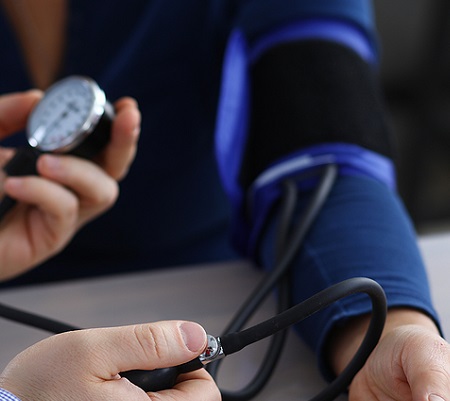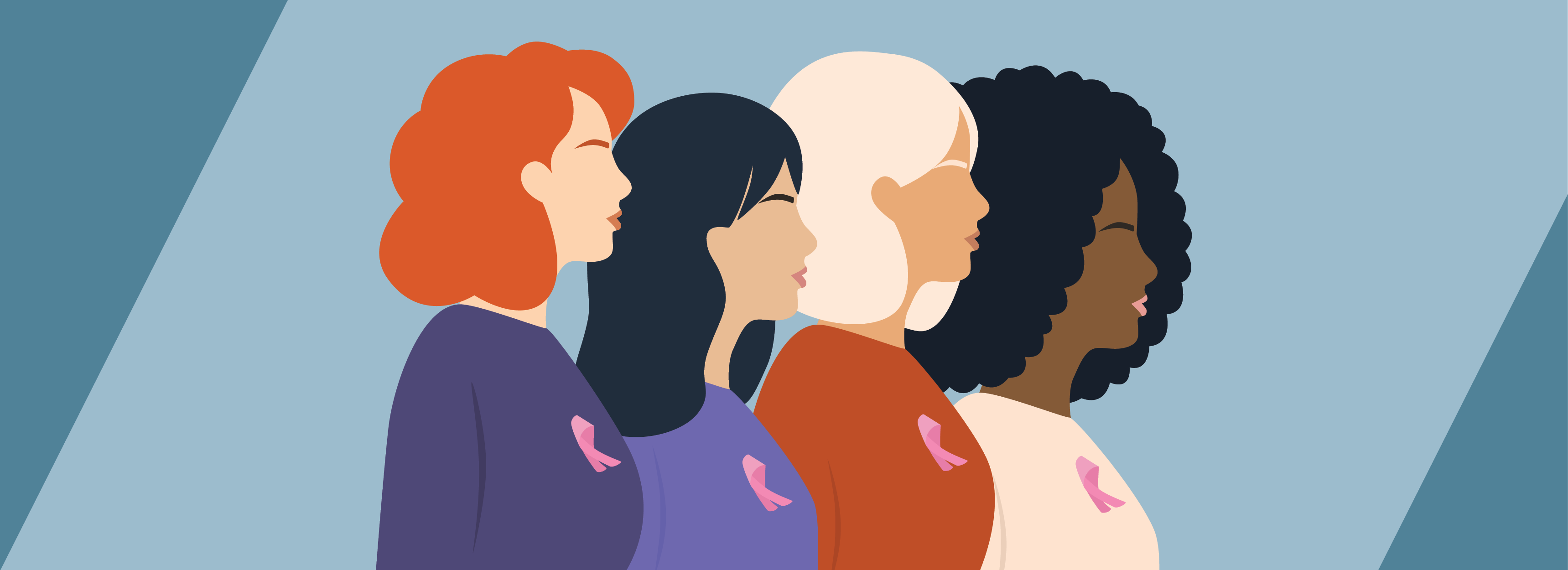
Since the COVID-19 pandemic, some plans have been put on the backburner – one of which is recommended health screenings. A study published in 2021 estimated that between March and May 2020, more than nine million Americans missed their routine screenings. Periodic preventive medical exams are an essential way to stay on top of your health.
“These appointments are critical for catching potential issues early so that you can minimize their impacts on your life,” said Obstetrics and Gynecology Physician Assistant Elizabeth Nielsen from Marshfield Clinic Health System.
While you may not need to schedule every type of screening every year, Nielsen and her Obstetrics and Gynecology Nurse Practitioner Natalie Ross share six recommended health screenings important for women.
Mammogram
Breast cancer is one of the most common cancers for women in the U.S. However, if it’s caught during an early stage, the treatment outcomes are better. That’s why breast exams and mammograms are such important health screenings for women.
“If you are 40 years old or older, discussion with your provider can determine the appropriate screening interval and method,” Ross said. “If you have certain health conditions or family members with breast cancer, your screening protocol may be different than someone without risk factors or family history.
Blood pressure screening
During a regular physical or a well-woman visit, taking blood pressure is usually one of the first things to happen.
Blood pressure helps measure your heart health, risk for stroke and other health indicators. For a healthy person without cardiovascular risk factors (smoking, obesity, diabetes) you should have your blood pressure checked at least every 3-5 years beginning at the age of 18.
More frequent blood pressure checks could occur if there are risk factors for cardiovascular disease or certain health conditions. If you’d like to monitor blood pressure more regularly, you can purchase an at-home machine relatively affordably.
“If the top number is above 130 and the bottom is above 80, we often recommend exploring lifestyle and treatment options for reducing your blood pressure,” Ross said.
Cholesterol screening
Along with blood pressure, Ross recommends cholesterol as another health screening for women. This health screening evaluates heart health and disease risk. If you have high cholesterol, you’ll also be at greater risk for heart disease and stroke.
Recommendations include a single screening test for cholesterol between 17 and 21 years old for initial screening with additional recommendations depending on the result. A high risk woman may need screening beginning at 35 years old. A woman without risk factors and a normal initial screening could continue preventive testing at 45 years old.
Your care team will measure cholesterol with a blood test that may require an appointment. If you have a high result, certain lifestyle changes can reduce cholesterol as well as reduce blood pressure.
Pap smear
A pap smear (or pap) is short for Papanicolaou test, which screens for cervical cancer. From ages 21-29, providers recommend a pap smear every three years to screen for cervical cancer. From ages 30-65, providers recommend a pap smear every three to five years to screen for cervical cancer. The exam can be less frequent if replaced with an HPV test because the virus causes most cervical cancers.
STI testing
Sexually active women can choose how frequently they receive sexually transmitted infection (STI) testing. However, Nielsen said gonorrhea and chlamydia are the most regularly recommended tests. These tests can begin annually at 15 years old if sexually active. It’s important to note that these infections can often be symptom free.
“Whether you have symptoms or not, it can help you stay informed about your health and move forward with confidence,” Nielsen said. “Pregnant women also should receive a range of STI tests early on in pregnancy because these infections can impact maternal and fetal health.”
Colorectal screening
Women (and men) age 45 and older should have a colon cancer screening even if they do not have any risk factors (normal risk individual). Risk factors including smoking, family history, obesity and history of inflammatory bowel disorders will change screening recommendations. There is a non-invasive option that you may qualify for that is not as invasive as a colonoscopy. Frequency of colonoscopy is every 10 years (if normal) or if your doctor detects warning signs from other test results.
Bonus screening: Blood sugar
Nielsen warns diabetes is on the rise in the U.S. and doctors are diagnosing more women at younger ages.
Women (and men) age 35 and older with a body mass index 25 or greater should be screened for diabetes. BMI is a calculation using your height and weight. Most providers also offer screening at age 35 to those with a BMI in the normal range, but have additional risk factors (family history, personal history of gestational diabetes).
“While BMI is not a perfect measurement, it is one of the assessments used to determine who would benefit from screening,” Ross said.
Discuss any questions or concerns with your primary care provider or schedule your women’s health screenings as recommended.






Leave a Reply